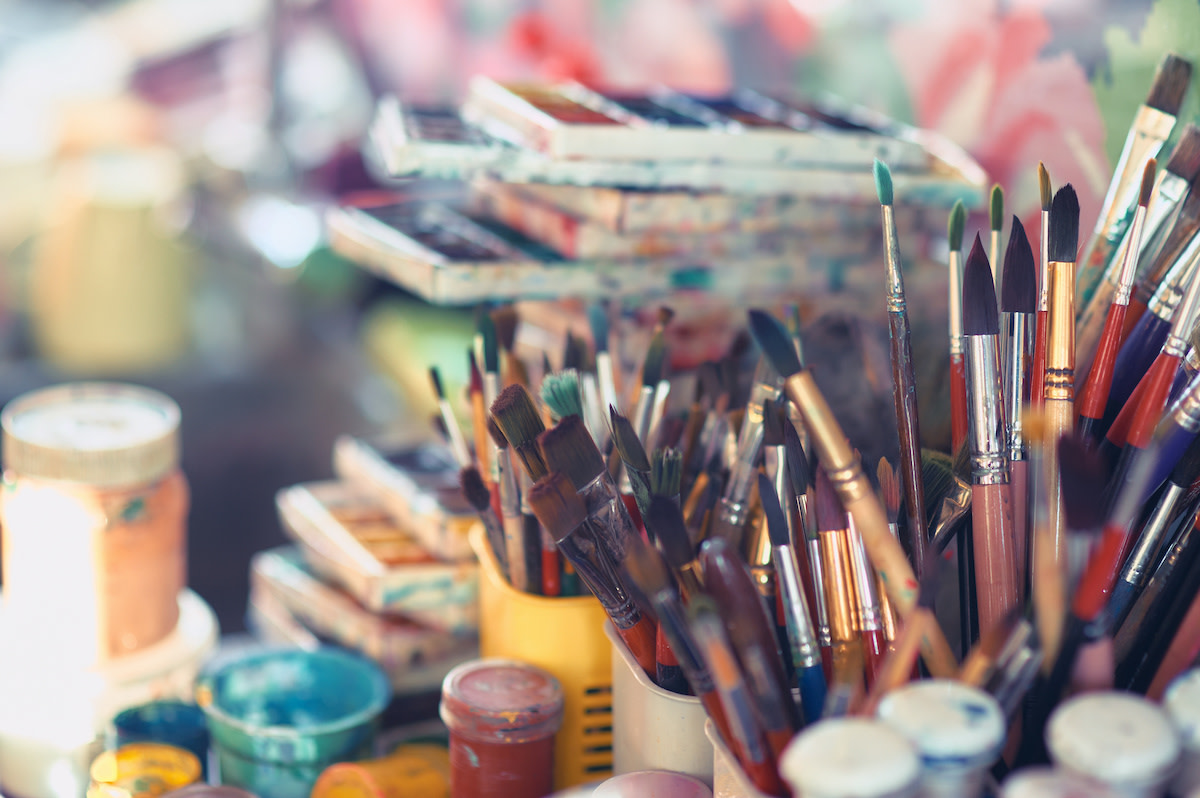How to Find Your Art Style: A Guide for Artists
Written by MasterClass
Last updated: Jul 12, 2021 • 4 min read
One of the greatest challenges and opportunities in an artist’s career is discovering their artistic style. A signature style can make art memorable.
Learn From the Best
What Is an Art Style?
An art style is a throughline that characterizes a grouping of art. Generally, an art style is defined by a specific element that an artist has incorporated into all of their work.
Developing your own artistic style requires a significant amount of time and focus. You can begin to understand and develop your unique art style by studying art history at large and more specifically, your favorite type of art, and identifying the artists you like. Doing so will not only help you create a cohesive body of art, but it can also help with your technical skill.
Different artists have unique styles, which can vary by medium and message. Whether you are a watercolor painter, documentary filmmaker, anime or manga artist, or printmaker, developing a quintessential personal style makes your work noticeable.
How to Determine Your Medium
Before you can develop your unique art style, you must first know what medium you will use to convey your thoughts and expression.
An art medium is the method in which you make art. This can consist of fine art, such as painting and sculpture, or performance arts, such as dance, acting, music, and writing. You can even get more specific within those categories. For example, if you focus on painting, you may choose to make acrylic paintings instead of oil paintings. Other art styles include architecture, filmmaking, sewing, and more. There is no set way to find your medium.
Once you have chosen your main artistic medium, you can then play around and figure out your specific style within that lane of artistic expression.
7 Styles of Art
To find your own art style, you need to find what kind of art you want to create. Then, research your chosen art form and medium. The art style you develop will most likely draw from artists’ work in that particular medium. Below is a brief list of various art styles and mediums:
- 1. Modern art: Modern art describes works by painters and sculptors from the 1860s through to the 1970s. There are many art movements under the umbrella term of modern art—though modern art is often abstract, colorful, and makes a statement.
- 2. Abstract art: A thought-provoking and emotional art style, abstract art is also known as nonobjective art. This style takes an element from the real world and represents it in a variety of forms.
- 3. Expressionist art: This art style is focused more on an artist’s mood and expression, employing emotions to drum up particular ideas or moods.
- 4. Realism: Realism is an accurate representation of a part of contemporary life or the natural world.
- 5. Pop art: Pop art is an art movement incorporating popular elements of mass media and culture born in the mid-twentieth century that emerged mainly in the United States and Britain.
- 6. Architecture: Architects design buildings and other structures. These structures can have additional purposes as cultural symbols and/or artistic works. For example, the Oculus at New York City’s One World Trade Center is a mall, transportation hub, and bold artistic expression.
- 7. Performance art: This form of art is any art medium that can be performed live or by recording. It is interdisciplinary in nature, but generally, art mediums such as dance, acting, singing, and moving installations are considered performance art.
4 Ways to Find Your Own Art Style
Finding your art style will take time and effort, so do all that you can to maximize knowledge. Watch tutorials, take an art class, travel, and doodle in your sketchbook.
- 1. Study the work of artists you admire. Read books, and pay attention to the different styles and different mediums. If you can't study a specific artist's style in person, try virtual study. Try your favorite artists’ style in your own work to see if it fits, and then create your own style. Get outside of your comfort zone.
- 2. Practice new techniques consistently. Experiment with techniques until you land on one you like.
- 3. Own the imperfections. As you hone your craft, make sure to own the imperfections in your original art. Keep a journal, or start an art blog and discuss your new pieces with trusted colleagues.
- 4. Consider the story behind your work. Think through your artistic process: What is your artistic voice? What are you trying to say about the subject matter? What color palette are you choosing and why? Is there a specific reason you often choose to paint in still life? Thinking through your process can help you understand your art style.
Ready to Tap Into Your Artistic Abilities?
Grab the MasterClass Annual Membership and plumb the depths of your creativity with the help of modern artist Jeff Koons, abstract artist Futura, and stage designer Es Devlin. Our exclusive video lessons will teach you to do things like utilize color and scale, explore the beauty in everyday objects, and so much more.
